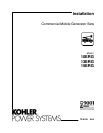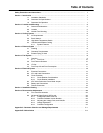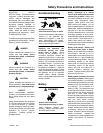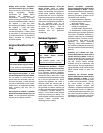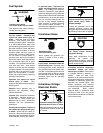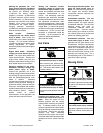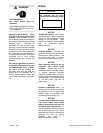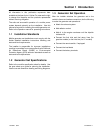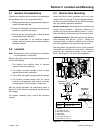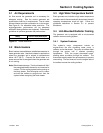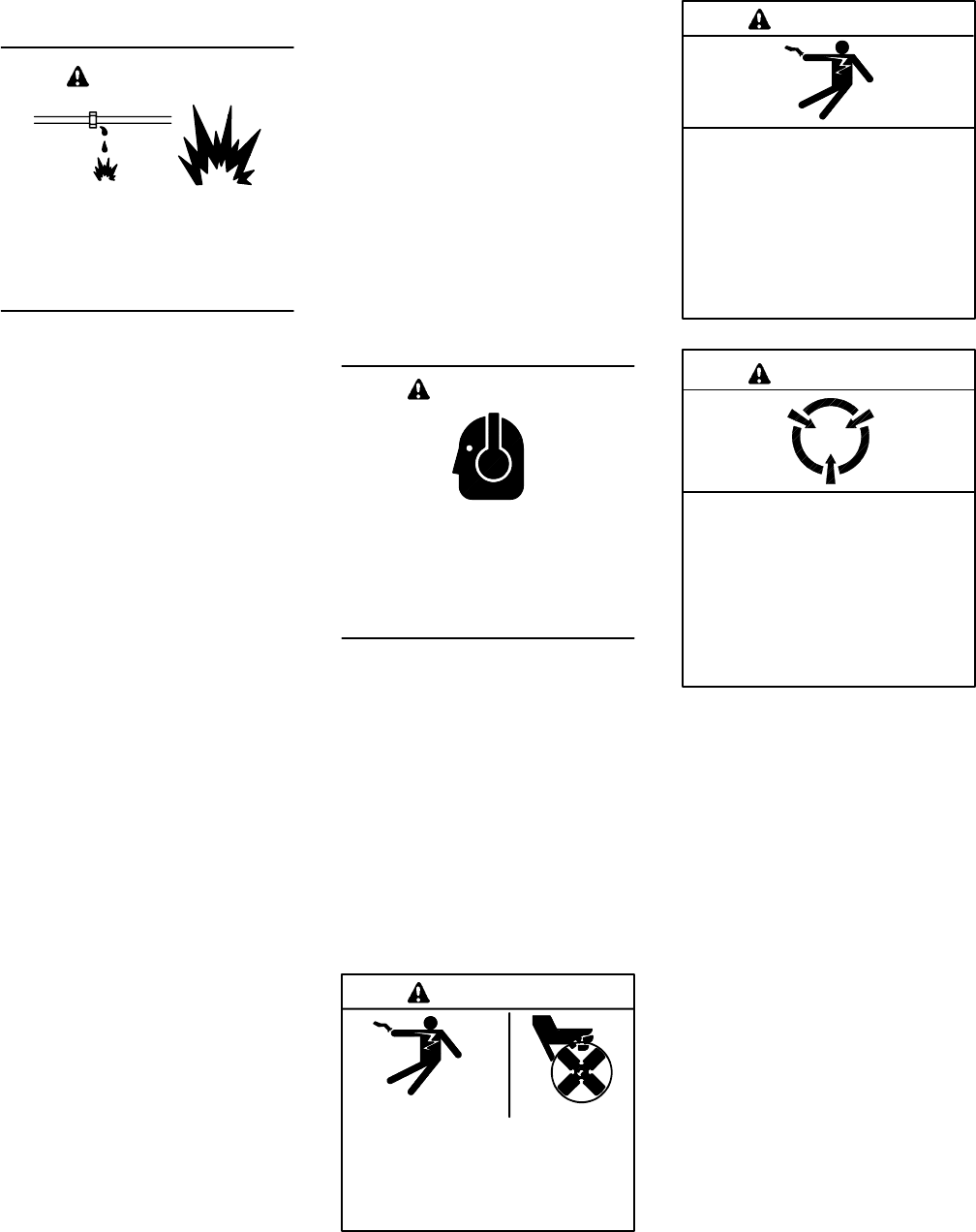
Safety Precautions and Instructions III
TP-6335 9/04
Fuel System
Explosive fuel vapors.
Can cause severe injury or death.
Use extreme care when handling,
storing, and using fuels.
WARNING
The fuel system. Explosive fuel
vapors can cause severe injury or
death. Vaporized fuels are highly
explosive. Use extreme care when
handling and storing fuels. Store fuels
inawell-ventilatedareaawayfrom
spark-producing equipment and out of
thereach of children. Never add fuel to
the tank while the engine is running
because spilled fuel may ignite on
contact with hot parts or from sparks.
Do not smoke or permit flames or
sparks to occur near sources of spilled
fuel or fuel vapors. Keep the fuel lines
and connections tight and in good
condition. Do not replace f lexible fuel
lines with rigid lines. Use flexible
sections to avoid fuel line breakage
causedbyvibration. Donotoperatethe
generator set in the presence of fuel
leaks, fuel accumulation, or sparks.
Repair fuel systems before resuming
generator set operation.
Explosive fuel vapors can cause
severe injury or death. Take
additional precautions when using the
following fuels:
Gasoline—Store gasoline only in
approved red containers clearly
marked GASOLINE.
Propane (LP)—Adequate ventilation
is mandatory. Because propane is
heavier than air, install propane gas
detectors low in a room. Inspect the
detectors per the manufacturer’s
instructions.
Draining the fuel system. Explosive
fuel vapors can cause severe injury
or death. Spilled fuel can cause an
explosion. Useacontainertocatchfuel
whendrainingthefuelsystem. Wipeup
spilled fuel after draining the system.
LP gas fuel leaks. Explosive fuel
vapors can cause severe injury or
death. Fuel leakage can cause an
explosion. ChecktheLPvaporgasfuel
systemforleakagebyusingasoapand
water solution with the fuel system test
pressurized to 6--8 ounces per square
inch (10--14 inches water column). Do
not use a soap solution containing
either ammonia or chlorine because
both prevent bubble formation. A
successful test depends on the ability
of the solution to bubble.
Hazardous Noise
Hazardous noise.
Can cause hearing loss.
Never operate the generator set
without a muffler or with a faulty
exhaust system.
CAUTION
Engine noise. Hazardous noise can
cause hearing loss. Generator sets
not equipped with sound enclosures
can produce noise levels greater than
105 dBA. Prolongedexposuretonoise
levels greater than 85 dBA can cause
permanenthearing loss. Wearhearing
protection when near an operating
generator set.
Hazardous Voltage/
Electrical Shock
Hazardous voltage.
Can cause severe injury or death.
Operate the generator set only when
all guards and electrical enclosures
areinplace.
Movingrotor.
WARNING
Hazardous voltage.
Backfeed to the utility system can
cause severe injury, death, or
property damage.
Connect the generator set to the
building’s electrical system only
throughanapproveddeviceandafter
the building’s main switch is opened.
WARNING
Welding the generator set.
Can cause severe electrical
equipment damage.
Never weld components of the
generator set without first
disconnecting the battery, controller
wiringharness,andengineelectronic
control module (ECM).
CAUTION
Grounding electrical equipment.
Hazardous voltage can cause
severe injury or death. Electrocution
is possible whenever electricity is
present. Open the main circuit
breakers of all power sources before
servicingtheequipment. Configurethe
installation to electrically ground the
generator set, transfer switch, and
related equipment and electrical
circuitstocomplywithapplicablecodes
and standards. Never contact
electrical leads or appliances when
standing in water or on wet ground
because these conditions increase the
risk of electrocution.



